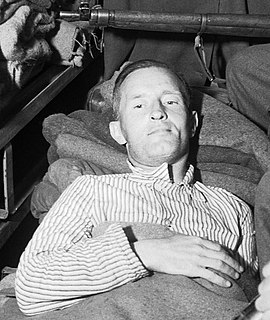A Quote by Donna Tartt
Children have very sharp powers of observation - probably sharper than adults - yet at the same time their emotional reactions are murky and much more primitive.
Related Quotes
Except I'm aware that as a writer you can't get away with as much writing for children as you can with adults. Children have much more finely tuned senses of justice, morals, and ethics. They are much more Platonic: children are symmetrical, before we begin to fragment them with our own nonsensical ideas and squelch their natural joy in knowledge.
The new concept of the child as equal and the new integration of children into adult life has helped bring about a gradual but certain erosion of these boundaries that once separated the world of children from the word of adults, boundaries that allowed adults to treat children differently than they treated other adults because they understood that children are different.
Although we like to think of young children's lives as free of troubles, they are in fact filled with disappointment and frustration. Children wish for so much, but can arrange so little of their own lives, which are so often dominated by adults without sympathy for the children's priorities. That is why children have a much greater need for daydreams than adults do. And because their lives have been relatively limited they have a greater need for material from which to form daydreams.





































